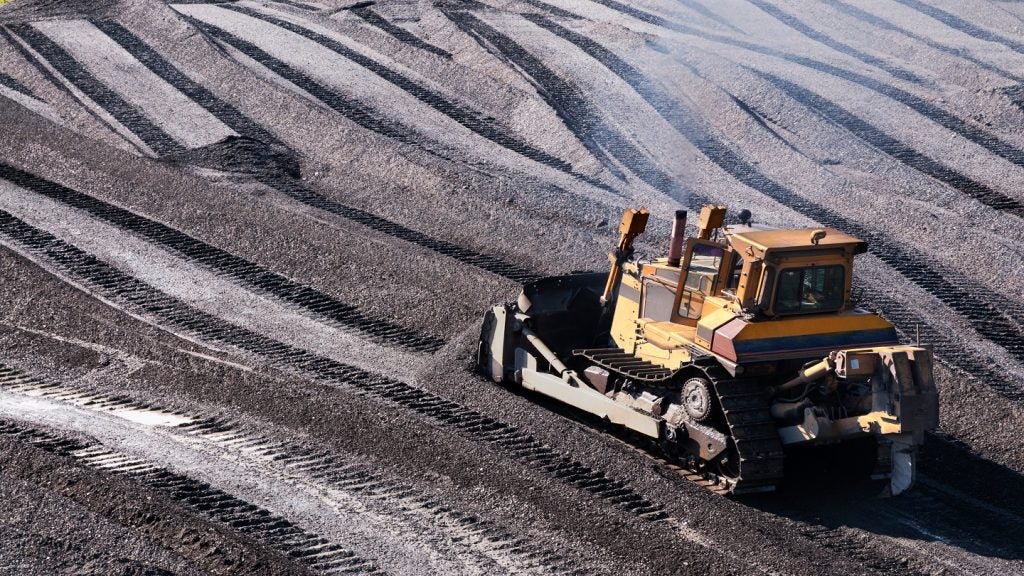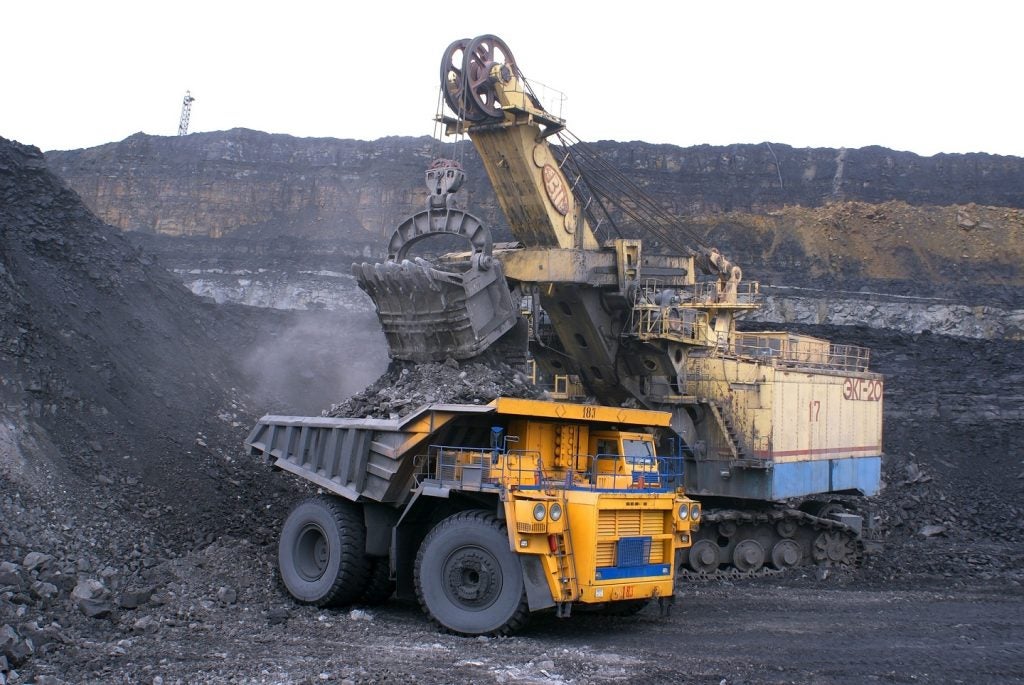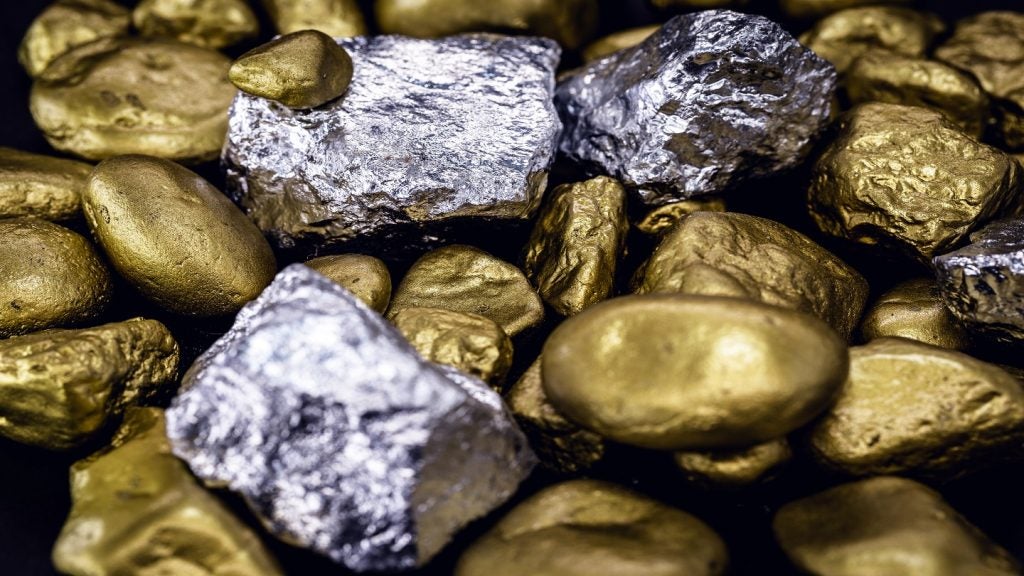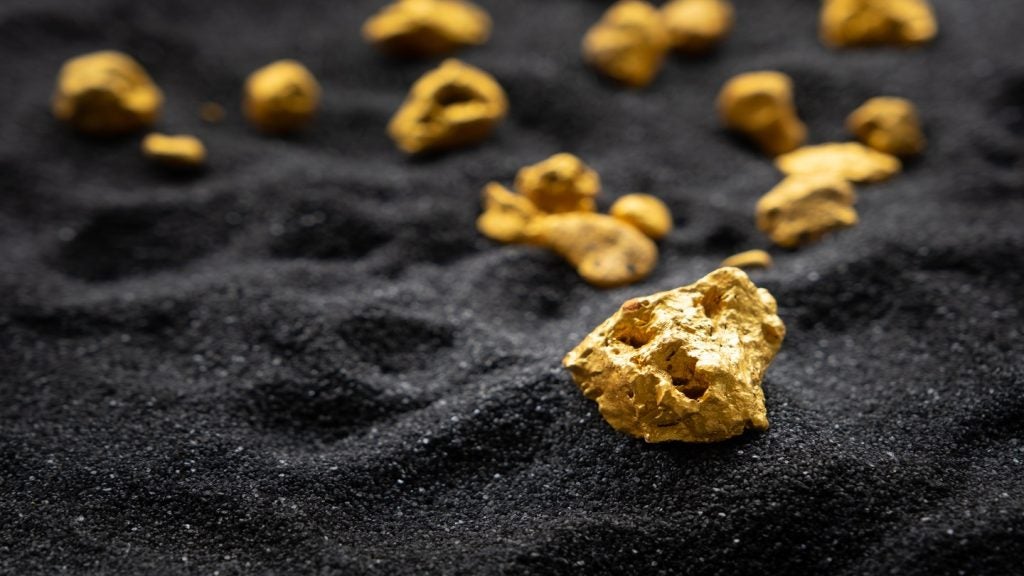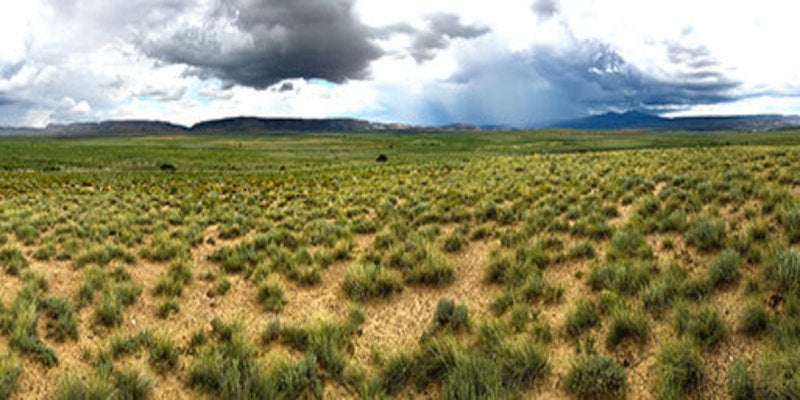
BHP has collaborated with the US Department of Energy’s (DOE’s) National Renewable Energy Laboratory (NREL) to clean up lands and water impacted by mining.
BHP will clean up mine sites that are no longer operating and those that were acquired by the company after mining was completed.
In partnership with regulatory agencies and local communities, the company works to address concerns pertaining to historical practices at these sites that have environmental impacts.
By working with local universities, BHP will find a sustainable way to clean up the lands.
Additionally, the company plans to develop biomass that will be used as feedstock for biofuels from the impacted lands and water.
As part of the collaboration between BHP, universities, and research institutes, species of plants and algae that can be used to clean up soil and water impacted by uranium mining will be studied.
How well do you really know your competitors?
Access the most comprehensive Company Profiles on the market, powered by GlobalData. Save hours of research. Gain competitive edge.

Thank you!
Your download email will arrive shortly
Not ready to buy yet? Download a free sample
We are confident about the unique quality of our Company Profiles. However, we want you to make the most beneficial decision for your business, so we offer a free sample that you can download by submitting the below form
By GlobalDataNuclear Sciences department at Oregon State University, the Sustainable Trades and Advanced Technologies department at Santa Fe Community College, and New Mexico State University Departments of Plant & Environmental Sciences and Chemical & Materials Engineering are involved in the study.
The study will be conducted for one year and will identify and test native and other compatible species of algae and plants for their phytoremediation capability and metal uptake.
It will identify safe methods to convert the harvested phytoremediation crops into useful bioproducts.
The clean up will be carried out through phytoremediation to produce biodiesel and other products from the impacted sites.



